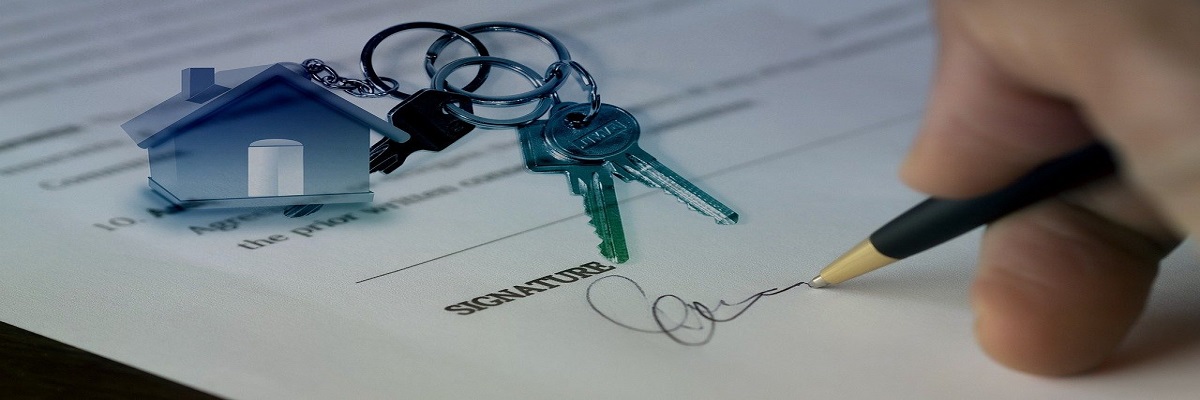Call: 888-297-6203
When an individual files for bankruptcy under chapter 7 or chapter 13, they are expected to either pay for all the non-exempt property under the repayment plan or sell them to pay the creditors under chapter 7. However, bankruptcy exemptions help you to protect your non-exempt properties from creditors.
Bankruptcy Estate and the Trustee’s Role
Once a debtor files for bankruptcy, the total assets and liabilities are calculated to determine the debtors’ Bankruptcy estate at the time of filing. The trustee is therefore liable to pay off the creditors the money due as per the value in the bankruptcy estate.
For example – if a debtor has property worth $50,000 out of which he has an exemption of $40,000. Then it becomes the liability of the trustee to pay the creditors from the difference between the two viz – $10,000 (bankruptcy estate).
Correlation between state and federal exemption
A debtor can take advantage of either the state as well as the federal exemption. You can look for the list of federal exemptions under section 522 of the bankruptcy code. Under the exemption, the debtor can get a part of his property exempted from being included in the bankruptcy estate.
As of the current date, only 16 states provide options to the filers to choose between the state or federal list, while the other state’s filers have to go as per the state exemption only.
Filing a joint bankruptcy can give you the double benefit of bankruptcy exemption
When a Couple, files for bankruptcy under chapter 13, they can take advantage of claiming full exemption of the same property, provided you both have a joint ownership interest in the asset. This way, you can get more property exempt and protect it from creditors.
For example, a couple – Ray and Rose have joint ownership of their car, house, and house furnishings. And individual ownership of a luxury boat. Now, as per the state exemption, they can claim an exemption of $4000 for a car, $ 10,000 for the House, $1000 for the luxury boat, and $2000 for furnishings. Now, using the benefit of double exemption, the couple can get exemption up to $8000 for the car, $20,000 for the house, and $4000 for the furnishings. However, since the boat is individually owned by Ray, he can get an exemption of only $1000 for the boat.
Circumstances under which you can or cannot double your exemptions
- You can double your exemption value if –
- You file for Bankruptcy jointly and not as an individual
- Your residing state permits you to use the benefit
- You opt for Federal exemptions
- You and your partner have joint ownership on the property
- You cannot double your exemption value if-
- The state you are filing under does not permit you to do so
- You have single ownership and your spouse’s name is not mentioned on the property deed.
If you are looking to file for bankruptcy and want to get the best benefit of double exemption, do not forget to book a consultation with renowned and experienced Recovery Law firm. To get in touch, log on to – https://recoverylawgroup.com/bankruptcy/ or call on 888-297-6203.

